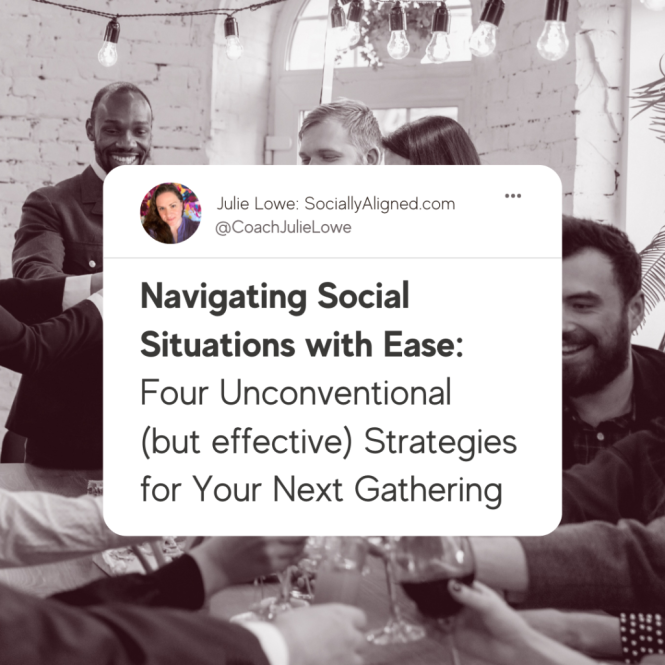

Diet tips for dealing with social eating situations can help you navigate parties and gatherings without derailing your healthy eating plan. Many people find social eating a challenge, leading to emotional eating and compromising their dietary goals. This guide will arm you with strategies to help you approach social gatherings with confidence and maintain your commitment to healthy eating habits. This article will discuss key strategies to navigate parties and social eating situations effectively and confidently, such as recognizing your hunger cues, preparing mindful eating techniques, and developing coping mechanisms for social pressures related to food. The structure will cover identifying and addressing the common pitfalls of social eating, building your confidence, and ultimately empowering you to maintain a healthy diet even in challenging social environments.
Understanding Your Hunger Cues
Recognizing Your Body’s Signals
Social situations can often cloud our judgment about when we’re truly hungry. Stress, excitement, or the social pressure to eat can override our body’s natural hunger signals. Paying attention to these cues is crucial for mindful eating.
Practical Strategies for Recognizing Hunger
Before heading to a party, take the time to understand what your body feels like when it’s truly hungry. Do you feel a gnawing emptiness, or just a general feeling of discomfort? Keep a food diary for a few days to understand your individual hunger cues. Notice how much time passes between your feeling hungry and your satisfaction after eating. When you feel the true signs of hunger, make a conscious effort to eat a meal or snack that will genuinely satiate you before arriving at the social event.
Preparing for Social Events
Meal Planning and Portion Control
Planning ahead can significantly reduce the temptation to overeat or make poor food choices. If you know you’ll be attending a party, prepare a small, nutritious meal or snack before heading out. This will help you manage your hunger levels and avoid feeling deprived when faced with tempting options.
Choosing Healthy Options When Possible
When possible, look for healthier options at the gathering. Opt for lean proteins, fruits, vegetables, and whole grains. Often, these options are less likely to trigger overeating, and they align more closely with your overall dietary needs. Don’t be afraid to politely decline certain dishes if necessary to avoid overindulging.
Mindful Eating Techniques
Slowing Down Your Eating Pace
Eating slowly and mindfully can help you savor each bite and recognize fullness cues more effectively. Take your time to chew your food thoroughly and pay attention to how your body feels with each bite. This conscious eating practice helps you eat more slowly, allowing your brain to register satiety signals before you consume too much.
Using Smaller Plates and Utensils
Serving dishes or plates of reduced size can aid in managing portion sizes. This simple strategy helps you control your intake and prevents you from consuming more than you intended. Using smaller utensils or cutting food into smaller pieces can encourage the slow-eating approach and create a sense of control.
Developing Coping Mechanisms
Addressing Social Pressure
Social situations can often create pressure to eat more than you intended. It’s important to develop strategies to deal with these pressures. Practice saying ‘no’ to extra portions or politely declining dishes that don’t align with your diet. Communicate your dietary needs and choices to your host or friends.
Maintaining Your Diet Goals in Social Environments
Setting Realistic Expectations
Be realistic about the challenges you’ll face. Don’t expect to avoid all temptations completely. Instead, focus on making smart choices most of the time. A realistic approach is essential for preventing feelings of failure and maintaining the long-term approach to diet.
Avoiding Emotional Eating
Pay attention to your emotional state when eating, and identify triggers that lead to emotional eating. Identify your emotions in the situation and find healthy alternatives to process those emotions if necessary. Engaging in activities like exercise or spending time in nature can aid in managing these situations.
In conclusion, navigating social eating situations requires a multifaceted approach. Understanding your body’s hunger cues, preparing for social events, and developing strategies for mindful eating are key to success. By mastering these techniques, you can enjoy social gatherings without compromising your dietary goals. Remember, consistency is key! If you are struggling with social eating situations, consider reaching out to a registered dietitian for personalized advice and support. They can help create a plan that works for your individual needs and circumstances.